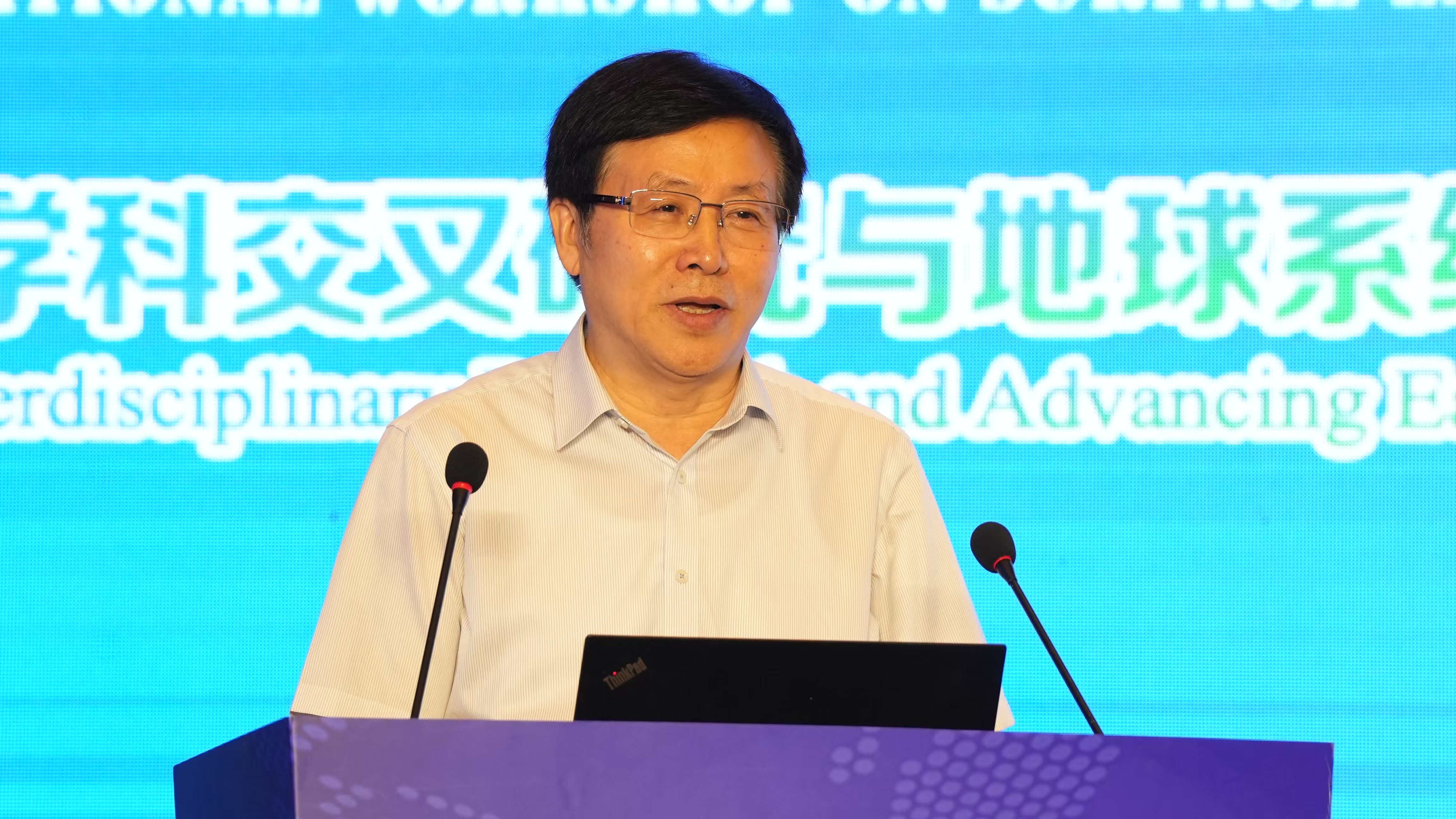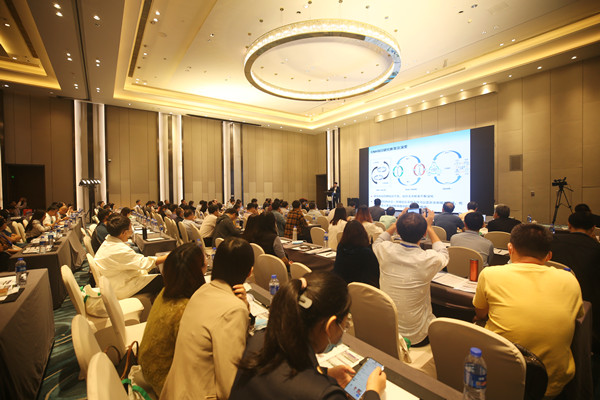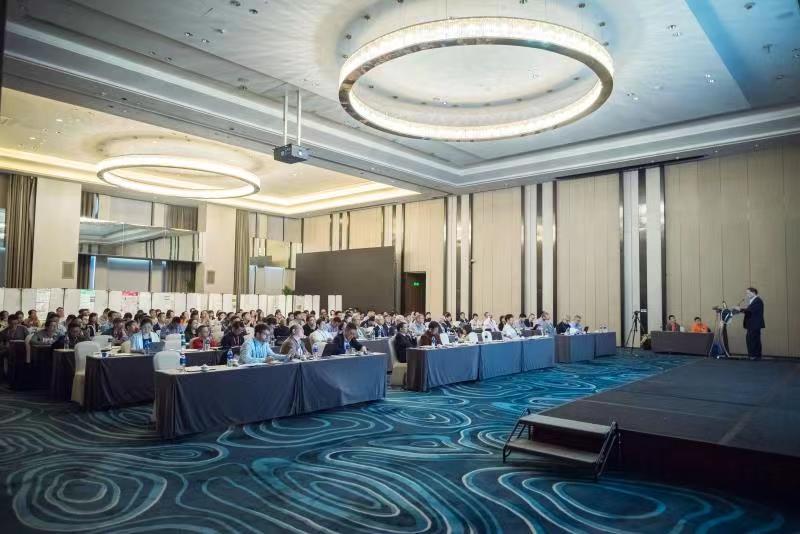地球和人类进入了新的地质时代,即人类世,从此人类历史就是地球的历史。人类世是“人类活动作为主要的外部地质营力对地表形态、地球环境和生态系统产生巨大影响,地球系统演化改变了原有速率和方式,进入了受自然与人类共同影响的新地质历史阶段”。由于人类活动作为主导驱动力导致地球环境和社会系统加速变化,并改变了我们与环境和生物圈的关系。应对人类世的全球变化实现可持续发展,我们需要发展地球系统科学,研究认识人类世社会-自然系统动力学特征,尤其是系统适应性、脆弱性和可恢复性等有关的系统稳定性变化规律,以及人类福祉与自然环境之间的主要得失权衡等;我们需要构建地球系统科学多学科交叉综合研究范式,实现自然和人文社会科学领域的跨学科交叉融合研究。同时,我们也需要变革人类社会、人文和科学思维和创新现有科学和技术,认识和理解人类世的科学认知结构如何变化、科学如何服务社会、在人类世科学家的交流和参与实践及其形式如何变化。
利用系统科学理论和方法研究包括人类世以来人类系统作为不可分割的子系统构成的整体地球系统的变化,代表着地球系统科学发展的新跨越,是当今世界重要的最综合集成和学科交叉研究的新兴学科领域。当前人类社会尤其我国社会经济的可持续发展面临资源和能源消费量庞大、水土资源问题严峻、环境污染加剧、生态系统退化、极端气候事件和自然灾害频发等资源、生态、环境和气候等方面的诸多挑战。可持续发展问题在过程和结果上是错综复杂的、在尺度上是多层次的,并最终表现为系统性和全球性。因此,人类命运共同体、美丽中国的建设和人类社会可持续发展的实现需要亟待推动多学科交叉融合研究的地球系统科学的发展。
天津大学地球系统科学学院秉持将国际前沿地球系统科学及其相关学科研究与国家/地方需求相结合,致力于发展地球系统科学的理论和方法,进行多学科交叉和综合集成的系统科学研究,尤其是地球层圈相互作用与全球环境变化、社会-生态系统与可持续性科学方向的发展,为自然资源管理和灾害防治、区域发展和规划、科学研究和教学、经济和社会的可持续发展以及公共健康和安全服务。学院已获批全国首个地球系统科学博士/硕士学位点,基于此,在当前新形势下定于2023年8月6-9日在天津召开第四届表层地球系统科学国际学术会议,广邀国内外知名专家,围绕地球系统科学前沿方向,聚焦地球系统观测、全球变化以及可持续发展,共同探讨地球系统科学前沿问题和可持续发展领域重大关切,共享最新研究成果,以促进多学科交叉融合和地球系统科学学科发展。
Earth and humanity have entered a new geological epoch known as the Anthropocene, where human history becomes the history of the Earth. The Anthropocene represents a geological era characterized by significant influences of human activities as the primary external geological force, leading to immense impacts on landforms, global environments, and ecosystems. The evolution of the Earth system has been altered in terms of rates and processes, entering a new phase influenced jointly by nature and human activities. This transformative era has accelerated changes in the Earth's environment and societal systems, fundamentally altering our relationship with the environment and the biosphere. To address the global changes of the Anthropocene and achieve sustainable development, it is crucial to advance the field of Earth system science. This entails studying and understanding the dynamics of the socio-natural systems within the Anthropocene, particularly focusing on aspects such as system adaptability, vulnerability, resilience, and the changing patterns of system stability. Additionally, it involves examining the trade-offs between human well-being and the natural environment. Furthermore, the development of a comprehensive interdisciplinary research framework in Earth system science is essential. This framework should facilitate the integration of natural and social sciences, enabling cross-disciplinary collaboration to explore the complex interactions within the Anthropocene. Simultaneously, it is necessary to transform human societies, humanities, and scientific thinking, as well as innovate existing scientific approaches and technologies. This transformation should encompass an understanding of how the scientific cognitive structure within the Anthropocene evolves, how science can better serve society, and how the forms and practices of communication and participation among scientists change in the Anthropocene era.
The utilization of systems science theories and methodologies to study the changes in the Earth system, which includes the inseparable subsystem of human systems since the inception of the Anthropocene, represents a new leap in the advancement of Earth system science. It stands as an emerging discipline that is highly integrative and cross-disciplinary, holding significant importance in today's world. At present, the sustainable development of human society, especially China's economy and society, is facing many challenges in resources, ecological environment and climate, such as huge resource and energy consumptions, severe problems of water and soil resources, intensification of environmental pollution, ecosystem degradation, extreme weather events and frequent natural disasters. Sustainable development issues are complex in their processes and outcomes, occurring at multiple hierarchical scales, and ultimately manifesting as systemic and global challenges. Therefore, the realization of a shared human destiny, the construction of a beautiful China, and the achievement of sustainable development for human society necessitate the urgent promotion of interdisciplinary research within the field of Earth system science.









